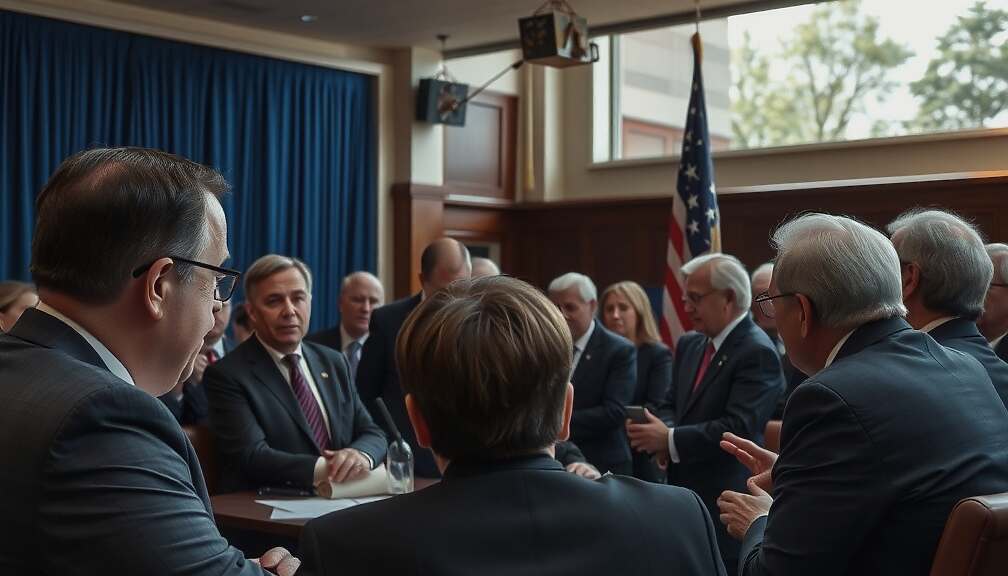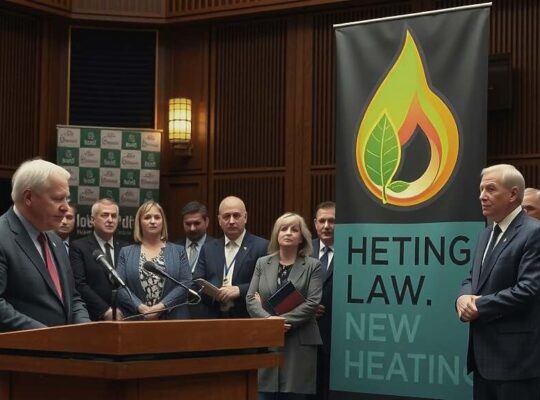The recently enacted Federal Tariff Loyalty Act is facing intense scrutiny, with Green Party parliamentarian Ricarda Lang questioning its effectiveness and accusing the governing coalition of undermining its core principles. Lang’s critique, delivered in an interview with the “Rheinische Post”, centers on significant exemptions carved out for the Bundeswehr (German Armed Forces) and a perceived lack of robust enforcement mechanisms.
The law, approved by the Federal Cabinet in August, ostensibly aims to guarantee that companies awarded public contracts adhere to collective bargaining agreements and provide acceptable working conditions. However, Lang argues that the extensive carve-out for defense and security sector contracts renders the legislation significantly weakened. She asserts that excluding these crucial areas, where public funds are substantial, compromises the law’s intended purpose of promoting fair labor practices across the entire public procurement landscape.
“We fought hard for the Federal Tariff Loyalty Act” Lang stated, highlighting the initial intent behind the legislation. “The core principle is correct: those receiving contracts with public money must pay fair wages and guarantee good working conditions”. However, she pointedly criticized the decision to exempt defense-related contracts and the absence of provisions for randomized, on-site inspections to ensure compliance.
The exemptions, critics suggest, represent a concession to powerful lobbying efforts within the defense industry, prioritizing national security concerns over the established principles of fair labor standards. The absence of thorough, proactive oversight raises questions about the law’s ability to genuinely impact working conditions within these sectors and risks creating a two-tiered system where some public contracts are subject to stringent labor requirements while others are not.
This controversy places renewed pressure on the government to reconsider the scope of the exemptions and implement more rigorous enforcement measures. Concerns linger regarding the commitment to social responsibility and whether the law, as currently structured, will truly serve its intended purpose: to safeguard the rights of workers and ensure equitable labor practices in the awarding of public funds.












